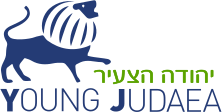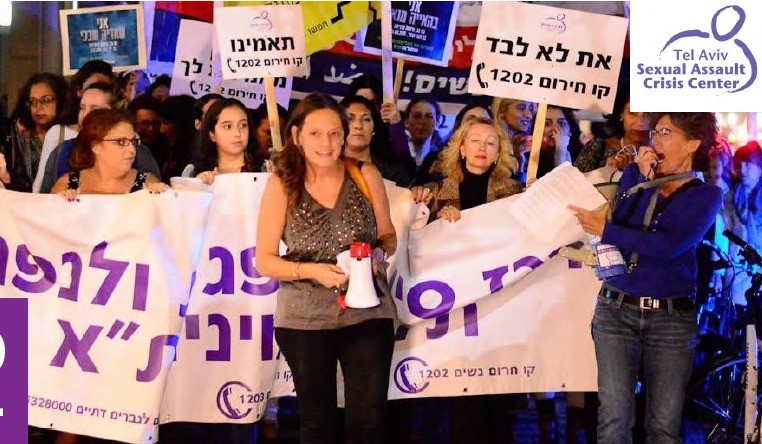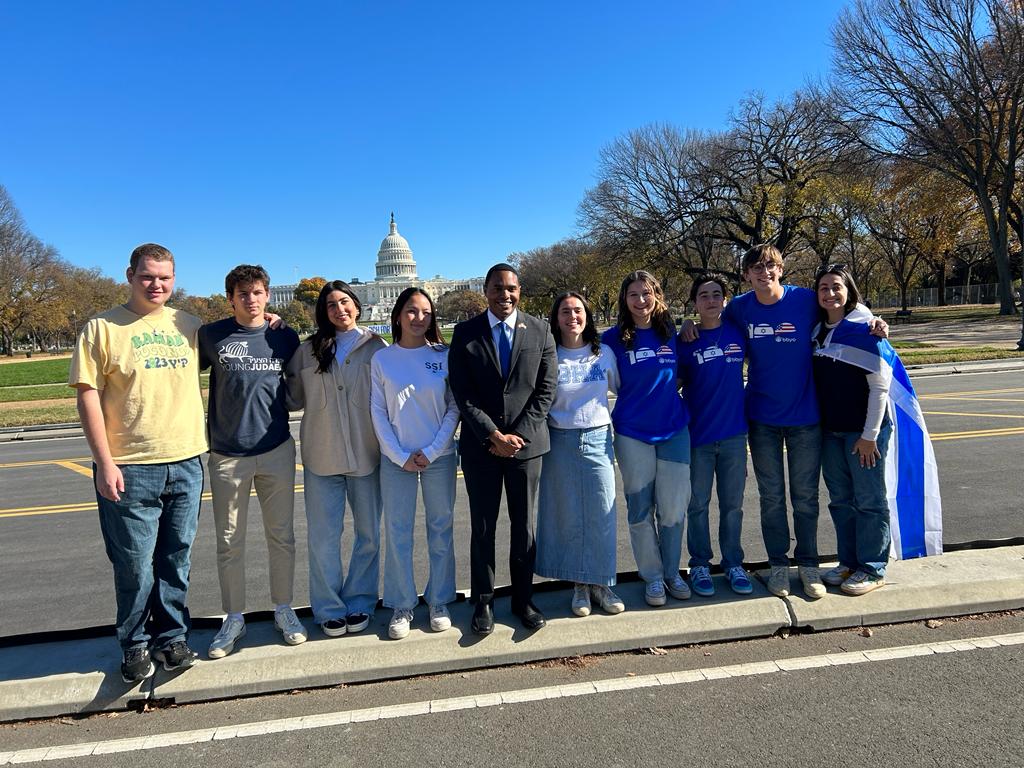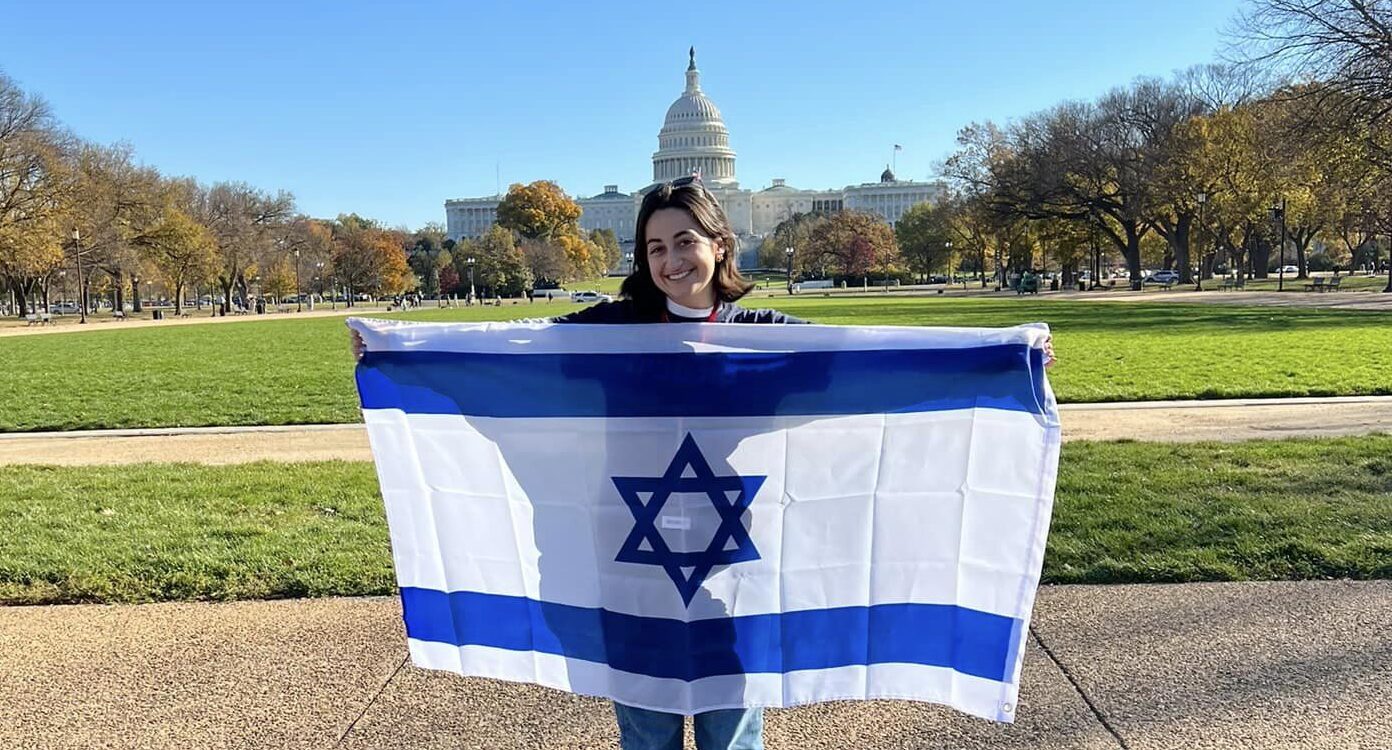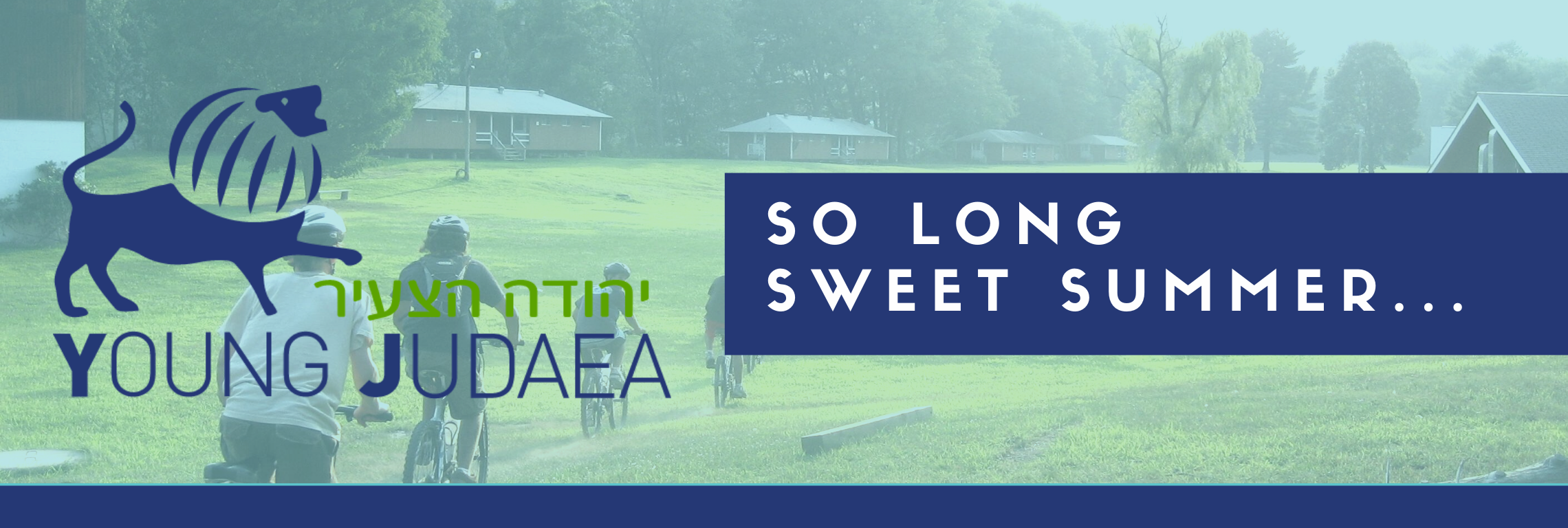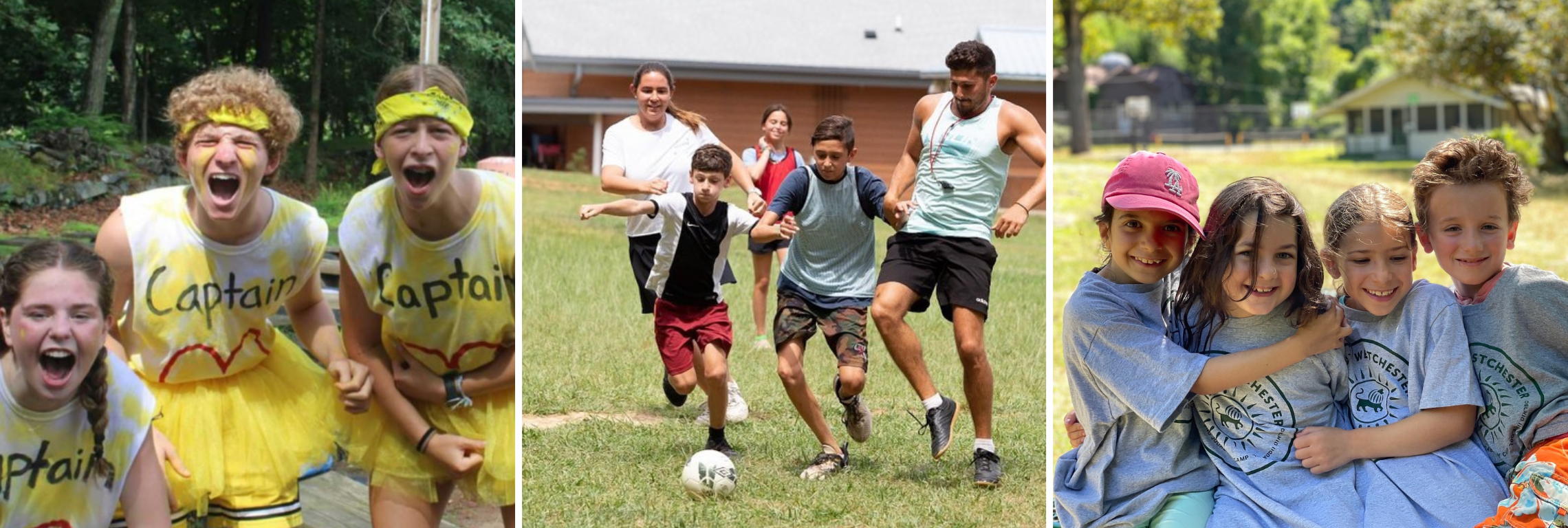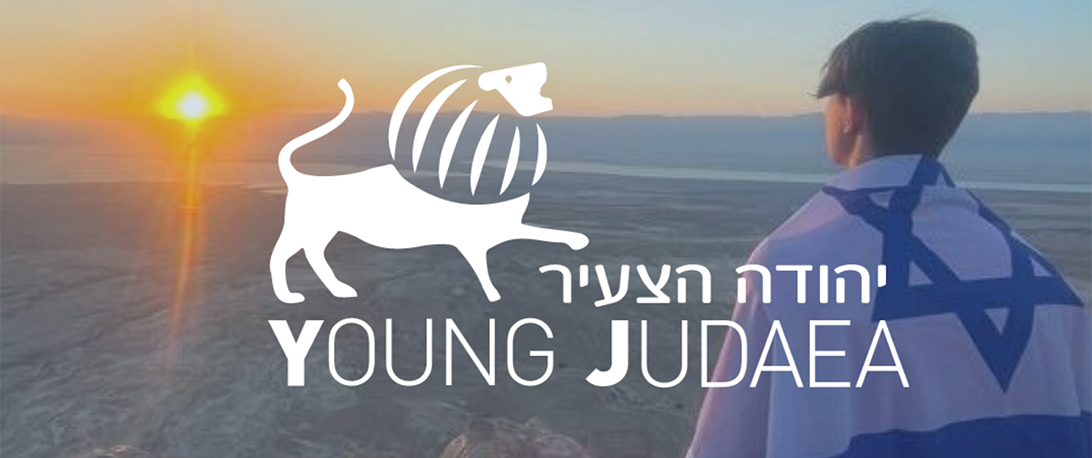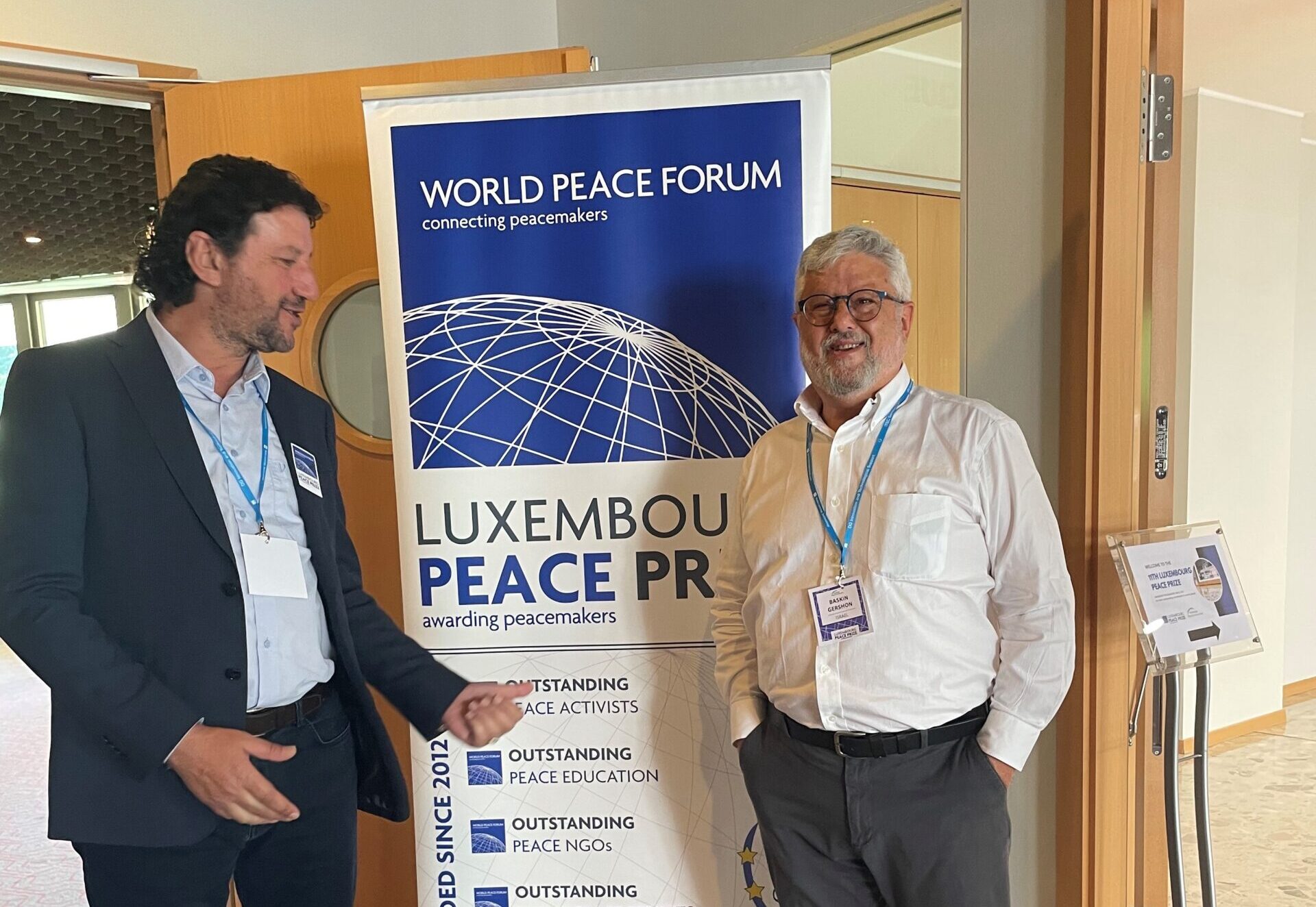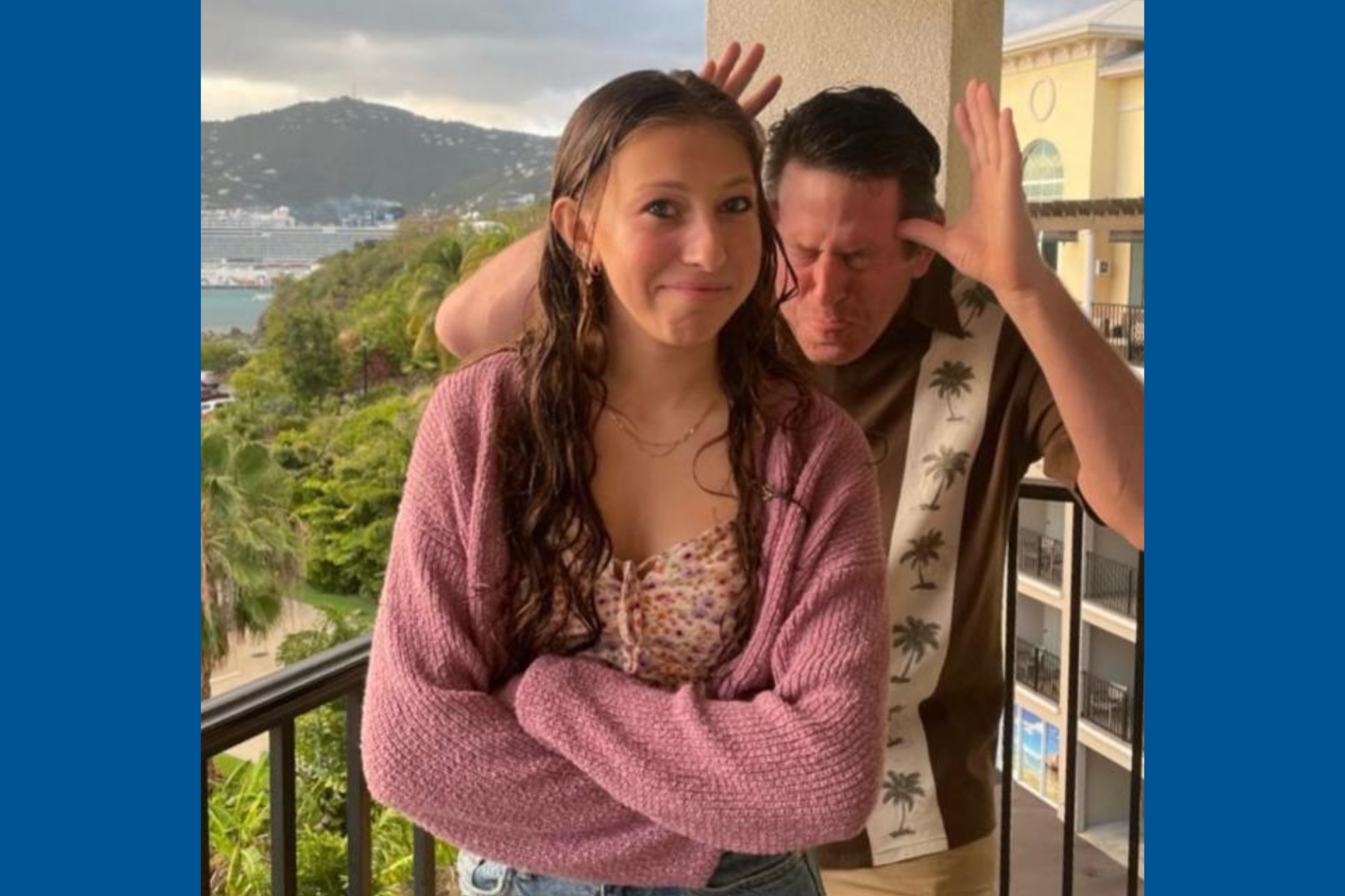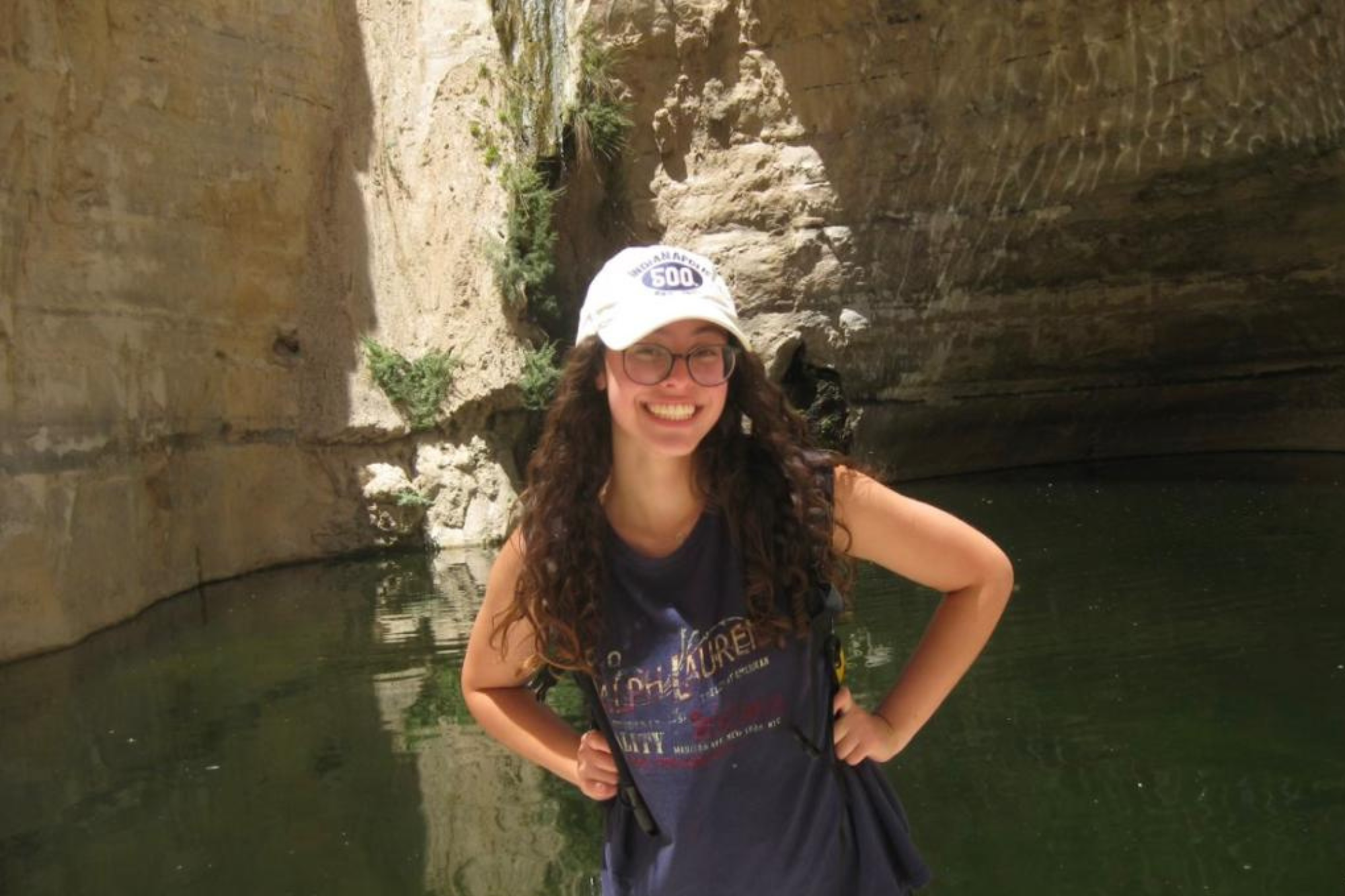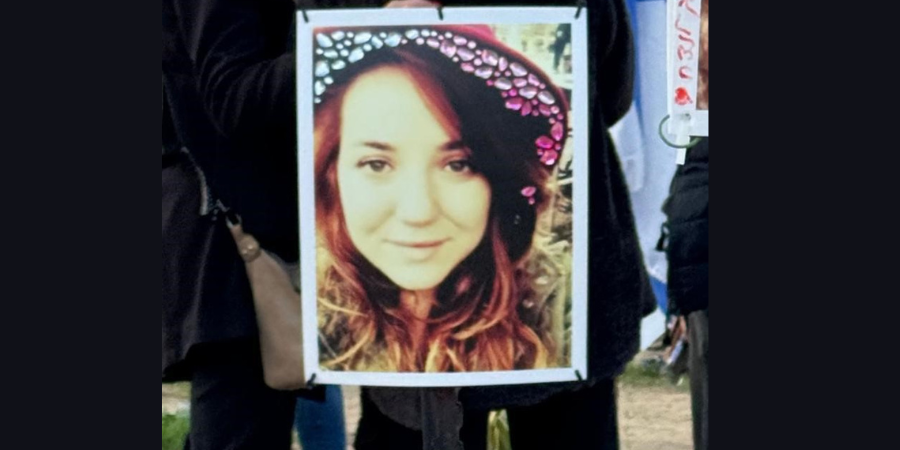
Alumni Volunteer Trip: Rachel’s Reflection
By Rachel Plafker Esrig, YJ Alum, Participant on the YJ Alumni Volunteer Trip in Israel, January 2024
Like so many connected Diaspora Jews the day after the Hamas attack, my husband Dave and I were desperate to go to Israel. We began to throw money at every plea for funds, every letter, every WhatsApp message, quickly maxing out our credit cards, reloading and donating again. But no amount of clicking on internet links seemed sufficient.
Dave and I were among the lucky ones; we devised a tangible way to help. Responding to multiple calls to bring duffle bags and necessary equipment to Israel, we bought Dave a ticket to Tel Aviv on October 29th, and enabled the transfer of arms, protective gear, medical equipment and more in a manic 36 hour venture.
Even that didn’t feel like enough.
I decided that my 55th birthday gift would be participating in a volunteer program. I was heartened by the response: my supportive boss said to me, “just let me know how much time you need.” I had already taken two weeks off from work. We signed up to spend a week volunteering with JNF. I looked for and found a second program with Young Judaea, where my Zionist heart resides.
Those of us who have witnessed and eagerly volunteered in these programs struggle to find the words that describe our experiences “Transformative, depressing, uplifting and gratifying” all seemed apt, but not sufficient. First night, I found myself in a beautiful hotel in the Negev, living among evacuee families. Not the usual sight in a hotel lobby: strollers, pajamas, guns and exhausted parents.
On our first day with JNF we set out for Kibbutz Gvulot, 11 km from Gaza, and thus particularly vulnerable. The kibbutz was so close to the border that victims from neighboring kibbutzim ran there during the attacks. Donning gardening gloves, we weeded neglected flower beds, laid water pipes for irrigation, and spruced up the school in anticipation of the return of students some three months after their evacuation. Cleaning and polishing toys only brought home how suddenly these homes had been abandoned; they had been untouched for three months.
Each resident that we met was quick to tell us their individual October 7th story. The entire country was, analogously, like the United States on September 12, 2001. Speaking slowly, with precise diction and obvious emotion, we witnessed Israelis in some yet unspecified stage of shock, but needing to share their experience as a step in their eventual healing. We had meals with many friends and acquaintances during our week. They had all lost count of the many shivas they had attended. And again, each one needed to share in order to process. They needed us to know about their trauma: their murdered or kidnapped relatives, their newfound lack of trust given that they had believed relations with Gazan had rested on something akin to mutual respect and personal interactions.
The other prevailing message was one of gratitude. By just stepping on Israeli soil, we had already helped. They could not believe that middle aged, “comfortable” Americans had taken time out of their daily lives and jobs to pick their weeds, irrigate fields, clean their childrens’ toys, but most of all: to listen. They felt seen, heard and understood, to the best of our insufficient abilities. We felt like human sponges, soaking all their sadness.
Perhaps the most harrowing site we visited was the beautiful grove of trees that housed the Nova festival, where hundreds of young people were mercilessly slaughtered or kidnapped. The Jewish National Fund organized the planting of trees; both as a remembrance of young lives and to honor the holiday of Tu b’shvat, that commemorates the New Year of the Trees. The field encased in a stunning grove of trees has now become hallowed ground, similar to Gettysburg or Ground Zero NYC. Each young victim of the Oct 7th massacre – those murdered and those kidnapped – has a picture on a stand with candles and personal tributes scattered at their base.
I noticed a dark-skinned man with a white beard sobbing as he decorated a picture of a beautiful young woman with rhinestone stickers. I asked if he was a relative and he just shook his head no. Later, as he walked away still crying, a friend and I offered him hugs. With Indiana-accented English, this new citizen of Israel explained that he comes there to pay tribute to those he feels do not get as many visitors. “It’s just evil that was done here,” he said sobbing. “Pure Evil.
At the music festival site, we spoke to the soldiers currently responsible for collecting the bodies of our fallen. They spoke with reverence of the opportunity to perform the ultimate mitzvah, one that the recipient can never repay. The other site we visited was no less wrenching: the (temporary) graves of the Kibbutz Be’eri slaughter. How can one describe seeing whole families buried together? In the North, we stood with the parents of a young victim by her graveside and heard stories of her beautiful, positive soul. We listened, cried and tried to comprehend the incomprehensible.
And we hugged. Because words were insufficient.
Earlier in the week we had packed care packages – treats, socks, rations – for soldiers. The evening after the visit to the Nova site, we delivered the packages and danced with soldiers in a volunteer-run ‘staging area’ – complete with a band composed of special-needs soldiers. Also in the tent was a lending library, a haircut station, massage opportunities and tables devoted to backgammon. I was introduced to heavy metal dancing there, that is, dancing a hora while avoiding bumping into a myriad of M16’s slung over every soldier’s shoulder. We danced with such joy and resolve. “We will dance tonight, tomorrow we will fight.”
In the evenings, after our agricultural and other volunteer activities had ended for the day, we listened to a host of speakers. Professor Noah Ephron, from Bar Ilan, shared a chilling story of a collective of computer experts helping to find and identify victims, including the suggestion to see if migration patterns of birds of prey had changed. We also heard of Professor Ephron’s new concept of Zionism that emanates from our newfound appreciation for each other as victims of recrudescent anti-Semitism and the recognition we cannot survive in this world without each other. We heard from many survivors, some who performed incredible heroic acts and now just want their lives back, and that the war no one asked for to end.
At the end of the Young Judaea volunteer week, we were asked to summarize our experience in one word. The prevailing theme was one of gratitude and hope. We were all reminded of the ability of Jews and Arabs to live together peacefully, as we saw in the halls of Seroka Medical Center in Beersheva and in the Beduoin town of Rahat. Israel will prevail, because she has no choice. To paraphrase, Golda Meir, we Jews have a secret weapon. .. . we have no where else to go. And we choose Life.
Am Yisrael Chai.
